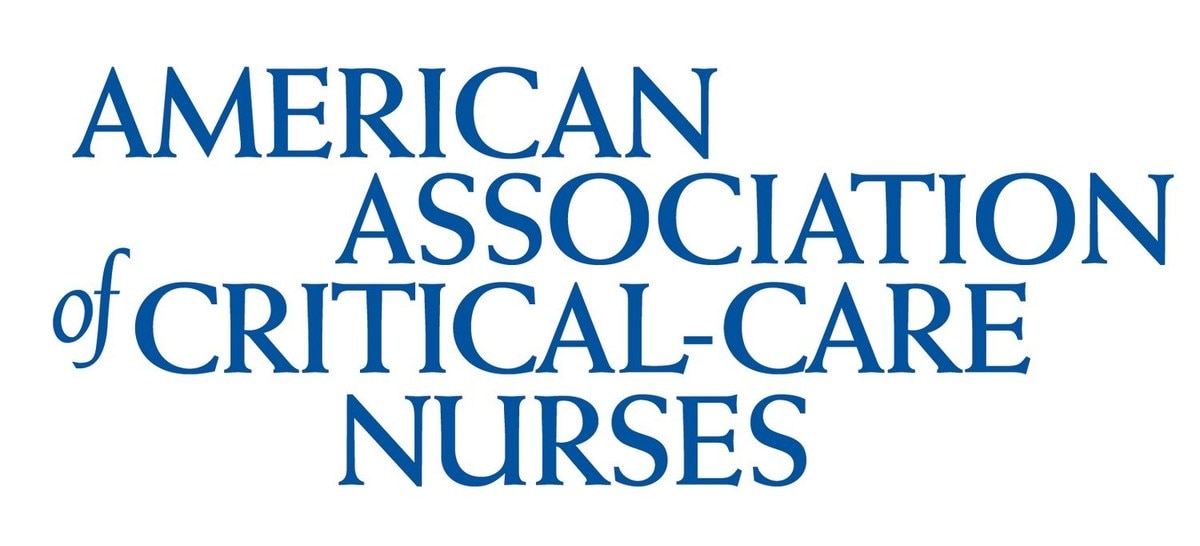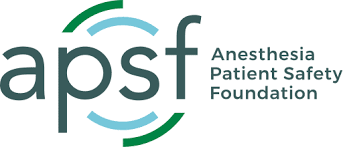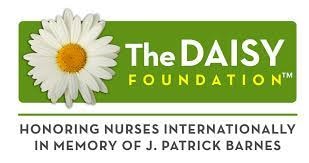Patient safety and care, no matter where
Patient safety is always your top priority — and ours. Our industry-leading acute care and monitoring technologies make it possible for clinicians to predict, respond to, and prevent potential adverse events — to help keep your patients safe wherever you are.1–5
We empower healthcare professionals with world-class technology to personalize patient care, anytime, anywhere.
World-class technology transforming patient care
Our acute care and monitoring solutions address unmet clinical needs, reduces the cost of care,6–9 and streamline workflows,10–12 all while keeping the patient at the center of everything we do. Backed by years of exceptional clinical performance and more than 4,50013 clinical references, our technologies are trusted worldwide.
Featured products
Nellcor™ OxySoft™ neonatal-adult SpO2 sensor
Our Nellcor™ OxySoft™ SpO2 sensor is the first pulse oximetry sensor to use a silicone adhesive to protect fragile skin and improve repositionability. It is engineered with brighter LEDs on a flexible circuit — all to help you stay connected to your patients and their data.
Education that empowers patient care
Continuous learning is the key to unlocking the full potential of healthcare professionals. That’s why we offer complimentary education and training to equip your team with what they need to achieve the best possible patient outcomes.
MedEd Bytes
Tune in to this bite-sized video learning series that provides quick, digestible learnings to solidify clinician understanding of patient therapies.
MedEd learning experience podcasts
Get closer to the patient experience and the impact of our technologies in practice in this weekly series featuring interview-style discussions with clinical experts.
Investing for the future
Helping solve your biggest healthcare challenges so you can focus on patient care means we continually push the boundaries of what’s possible to redefine healthcare delivery.
Health equity
We strive to ensure equitable care by reducing disparities in outcomes14 and expanding access to care for all patients.
Sustainability
We prioritize product quality, safety, and reliability, and seek opportunities to reduce product environmental footprint.15
Connectivity
We design capital-lite technologies to connect stranded devices and integrate with your EMR, optimizing the value of your existing equipment.16
Data intelligence
Our solutions will provide real-time data to improve workflow efficiency and patient outcomes.17,18
Partners in patient safety
Our partnerships with societies and nonprofits help advance patient safety. Together with some of the most respected names in the healthcare field, we are committed to driving meaningful impact by providing access to groundbreaking technology, advanced education, and support in the form of grants.
Our partners include:








Connect with us.
Want to stay updated on our latest advancements and discover how our innovations can help you enhance patient care and operational efficiency?
See how our team can help.
Have questions or want to learn more about Medtronic solutions? Let us know how we can help.

Acute Care and Monitoring products should not be used as the sole basis for diagnosis or therapy and are intended only as an adjunct in patient assessment.
- Leenen JPL, Ardesch V, Patijn G. Remote home monitoring of continuous vital sign measurements by wearables in patients discharged after colorectal surgery: observational feasibility study. JMIR Perioper Med. 2023;6:e45113.
- Lee LA, Caplan RA, Stephens LS, Posner KL, Terman GW, Voepel-Lewis T, Domino KB. Postoperative opioid-induced respiratory depression: a closed claims analysis. Anesthesiology. 2015;122(3):659–65.
- Zhang J, Jiang W, Urdaneta F. Economic analysis of the use of video laryngoscopy versus direct laryngoscopy in the surgical setting. J Comp Eff Res. 2021 ;10(10):831–844.
- Fawzy A, Wu TD, Wang K, Robinson ML, Farha J, Bradke A, Golden SH, Xu Y, Garibaldi BT. Racial and ethnic discrepancy in pulse oximetry and delayed identification of treatment eligibility among patients with COVID-19. JAMA Intern Med. 2022 Jul 1;182(7):730–738.
- Pérez-Otal B, Aragón-Benedí C, Pascual-Bellosta A, Ortega-Lucea S, Martínez-Ubieto J, Ramírez-Rodríguez JM; Research group in anaesthesia, resuscitation, and perioperative medicine of institute for health research aragón (ISS aragón). Neuromonitoring depth of anesthesia and its association with postoperative delirium. Sci Rep. 2022;12(1):12703.
- Beard JW, Sethi A, Jiao W, Hyatt HW, Yapici HO, Erslon M, Overdyk FJ. Cost savings through continuous vital sign monitoring in the medical-surgical unit. J Med Econ. 2023;26(1):760–768.
- Thaler A, Mohamod D, Toron A, Torjman MC. Cost comparison of 2 video laryngoscopes in a large academic center. J Clin Outcomes Mgmt. 2021 July;28(4):174–179.
- Lewis SR, Pritchard MW, Fawcett LJ, Punjasawadwong Y. Bispectral™ index for improving intraoperative awareness and early postoperative recovery in adults. Cochrane Database Syst Rev. 2019;9(9):CD003843.
- Hendrich A, Chow MP, Skierczynski BA, Lu Z. A 36-hospital time and motion study: How do medical-surgical nurses spend their time? Perm J. 2008 Summer;12(3):25c34.
- Khanna A, Bergese S, Junquist C, Overdyk F, et al. Prediction of Opioid-Induced Respiratory Depression of In Patient Wards Using Continuous Capnography and Oximetry: An International Perspective, Observational Trial. Anesth Analg.
- Areia C, King E, Ede J, Young L, Tarassenko L, Watkinson P, Vollam S. Experiences of current vital signs monitoring practices and views of wearable monitoring: a qualitative study in patients and nurses. J Adv Nurs. 2022;78(3):810–822.
- Becking-Verhaar FL, Verweij RPH, de Vries M, Vermeulen H, van Goor H, Huisman-de Waal GJ. Continuous vital signs monitoring with a wireless device on a general ward: a survey to explore nurses' experiences in a post-implementation period. Int J Environ Res Public Health. 2023;20(10):5794.
- Based on internal report REF-2572. ACM clinical references by brand. August 2024.
- Gudelunas MK, Lipnick M, Hendrickson C, Vanderburg S, Okunlola B, Auchus I, Feiner JR, Bickler PE. Low perfusion and missed diagnosis of hypoxemia by pulse oximetry in darkly pigmented skin: a prospective study. Anesth Analg. 2024;138(3):552–561.
- Based on internal report REF-23539, 2023 sustainability - engineering impact. August 2024.
- Eddahchouri Y, Peelen RV, Koeneman M, Touw HRW, van Goor H, Bredie SJH. Effect of continuous wireless vital sign monitoring on unplanned ICU admissions and rapid response team calls: a before-and-after study. Br J Anaesth. 2022;128(5):857–863.
- Slight SP, Franz C, Olugbile M, Brown HV, Bates DW, Zimlichman E. The return on investment of implementing a continuous monitoring system in general medical-surgical units. Crit Care Med. 2014 Aug;42(8):1862–1868.
- Rowland BA, Motamedi V, Michard F, Saha AK, Khanna AK. Impact of continuous and wireless monitoring of vital signs on clinical outcomes: a propensity-matched observational study of surgical ward patients. Br J Anaesth. 2024;132(3):519–527.









